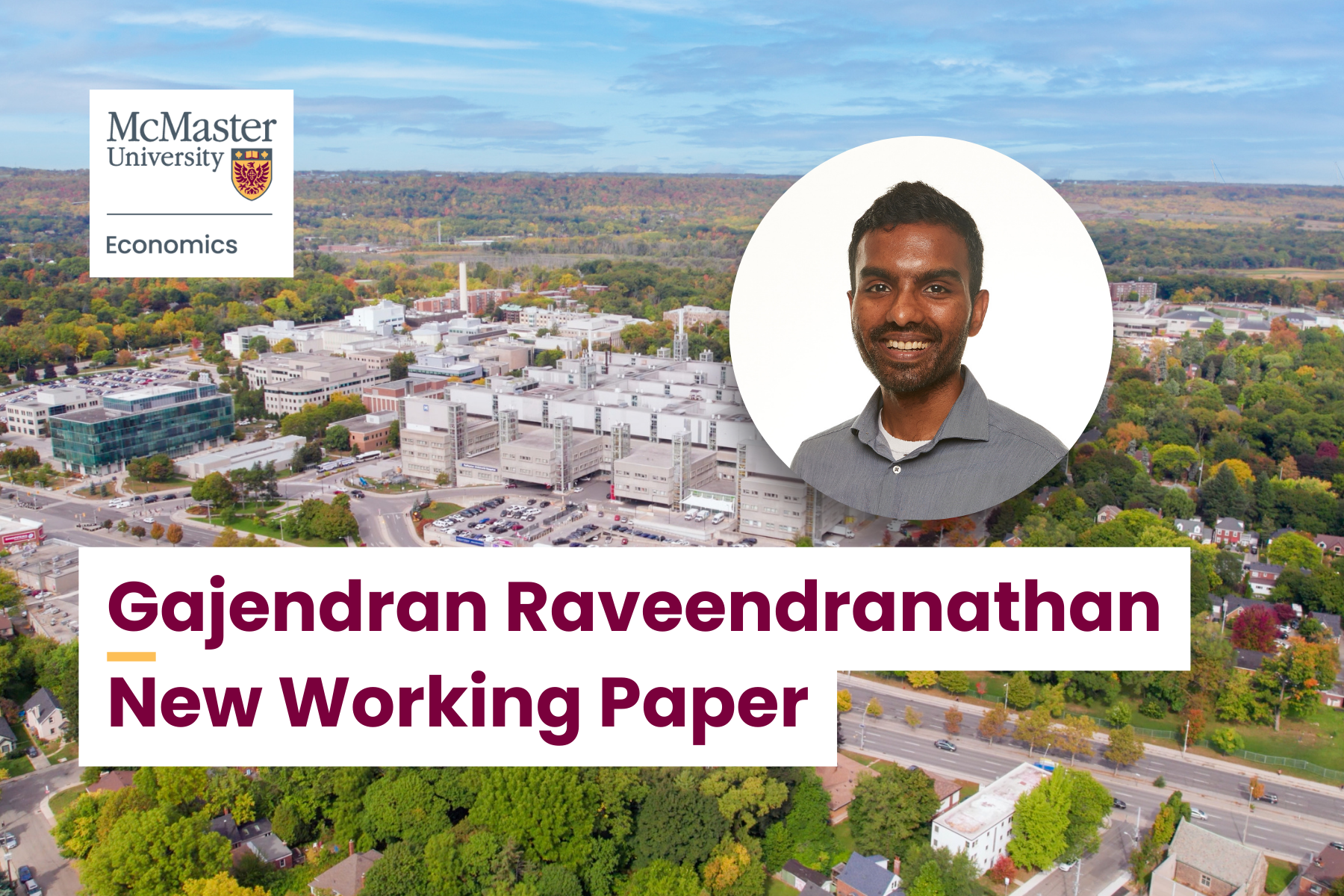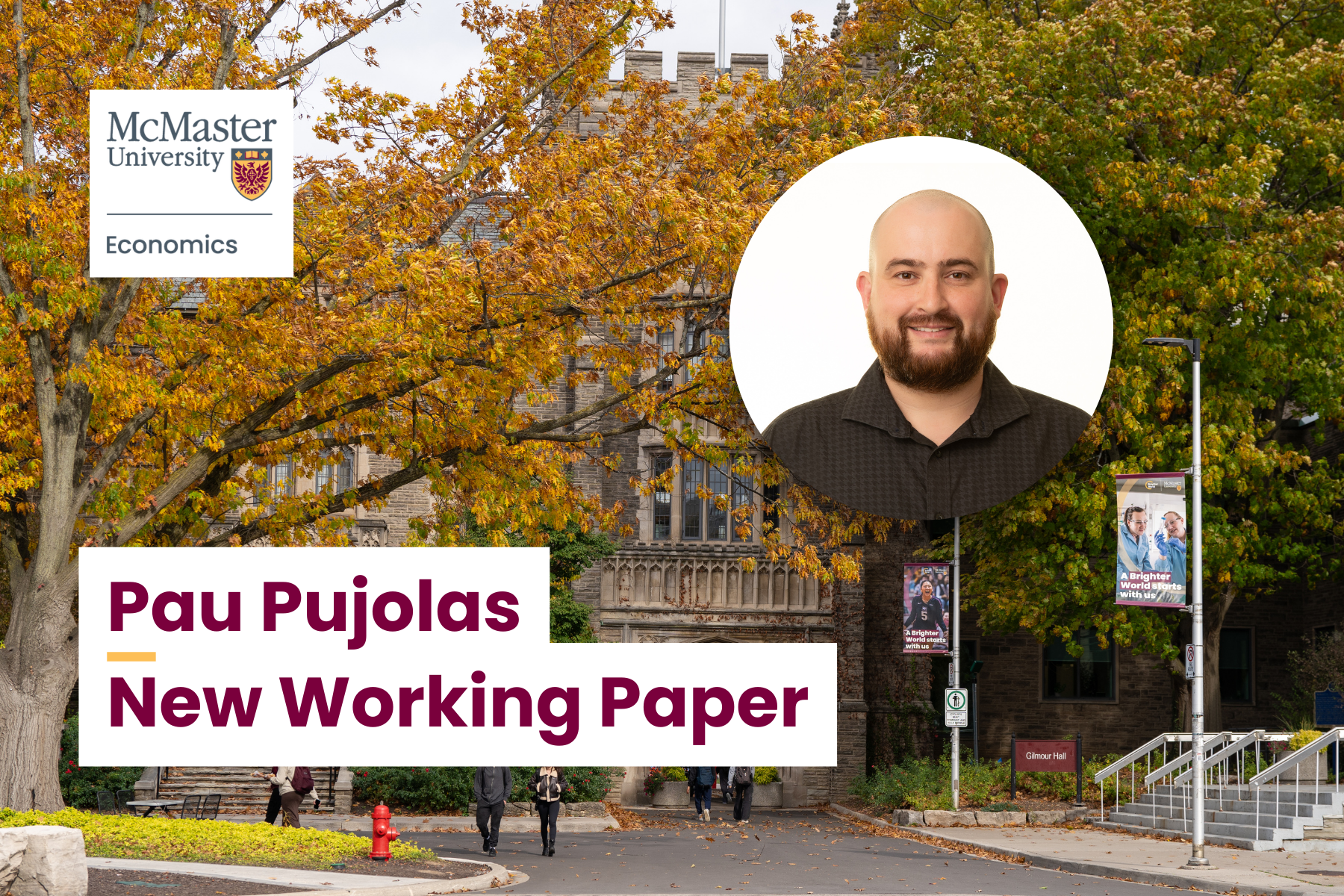Two New Department Working Papers: Jeffrey Racine & Bradley Ruffle

We have two new working papers from Jeffrey Racine and Bradley Ruffle!
Quarto the Assassin
Jeffrey Racine is a Professor for the Department of Economics. His research focus’ on econometrics and statistics. His working paper is titled, “Quarto the Assassin”. Jeffrey is also a bit of a blogger, documenting his journey’s in academia and home renovation, which you can read about here!
Abstract
My interest in open source research tools has a long arc, and the tools I adopt evolve as new and improved approaches surface (Racine and Hyndman 2002; Meredith and Racine 2009; Racine 2012). A recent development brings to mind overused superlatives like “game-changer”, among others, and I suspect you will agree “100%” that one recent development belongs in either the “Assassin” or “Saturn” category, or perhaps both (the latter being associated with consuming one’s progeny as prophecy had it that Saturn would be overthrown by one of his sons, so in response, he devoured them upon birth). In this Chapter we examine how Quarto can be used to create dynamic reveal.js presentations that are simply unrivalled, anywhere, period (“100%”, a “game-changer”). As such, and particularly for those accustomed to the Beamer slide format, the adoption of these new tools may be of particular interest. This document, naturally, is authored in Quarto, and the Quarto script for this document and the reveal.js slides discussed below are available here.
A Breakdown of Cooperation in Public Goods Games
Bradley Ruffle is a Professor for the Department of Economics. His primary research is in behavioral and experimental economics, as well he is the Academic Director for the McMaster Decision Science Laboratory (McDSL). His working paper is titled, “A Breakdown of Cooperation in Public good Games,” joint with our PhD student, Tanzir Rahman Khan.
Abstract
We introduce a new variant of the Public Goods Game (PGG), building on and com bining the frameworks of Fischbacher et al. (2001) and Cheung (2014). We demonstrate that the widely used player categorizations based on players’ responses to others’ average contribution– such as conditional cooperators, free-riders, and hump-shaped cooperators– fail to fully capture players’ conditioning tendencies. Specifically, players are sensitive to the different distributions of contributions that can arise from a given mean, which leads to a re-categorization of players based on distributions compared to their categorization based solely on averages. Furthermore, we elicit beliefs about the most likely distribution of contributions underlying each mean. We find that providing incentives for correct guesses does not improve accuracy. Moreover, cooperators and free-riders hold widely divergent distributional beliefs.
For the full set of working papers, visit RePEC/ideas.
Departmental News, New Working PaperRelated News
News Listing

New Department Working Paper: Gajendran Raveendranathan
Departmental News, New Working Paper
November 19, 2024

Two New Department Working Papers: Angela Zheng & Jevan Cherniwchan
Departmental News, New Working Paper
November 6, 2024

